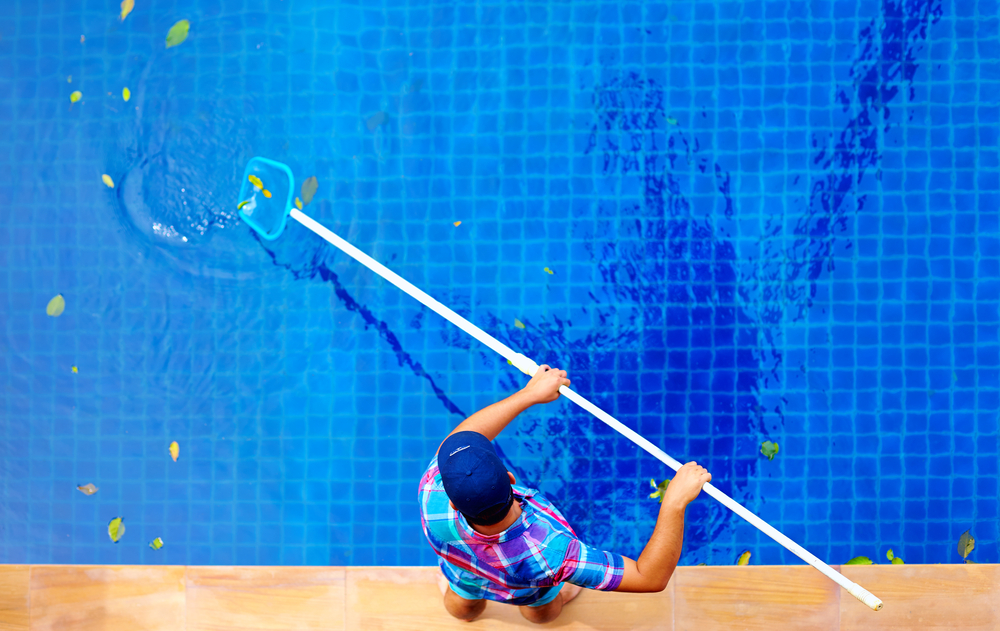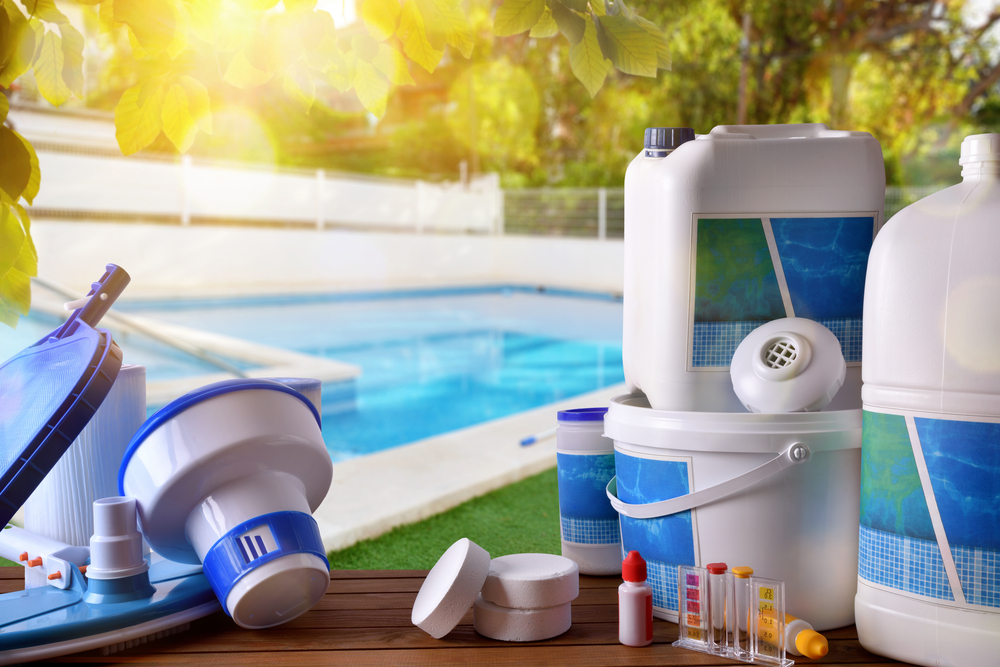
When it comes to luxury additions you can make to your home, nothing beats reaching out to a reliable pool contractor in San Diego and building a quality swimming pool. On top of providing you and your loved ones with endless opportunity for fun, relaxation, and exercise, a well-made pool also boosts the value of your property.
However, just like every other part of your house, a swimming pool needs regular cleaning. Failing to sanitize your pool properly will not only make it unpleasant to look at and swim in, it also runs the risk of exposing your family to all sorts of waterborne pathogens.
The good news is, keeping a pool clean isn’t nearly as hard and as time-consuming as it might seem. Read on to learn how to clean your pool like a pro.
How do you know if your pool is clean?
Assessing the cleanliness of your pool isn’t any harder than assessing the cleanliness of the other parts of your home. You just need to keep your eyes (and your nostrils) open for the signs that your pool could use a cleaning.
Your pool likely needs a cleaning if:
- The water is murky. If you can clearly see the bottom of your pool when you look at it from the outside, then it’s probably reasonably clean. If this is not the case, your pool could likely use a good cleaning.
- The water feels weird. Put your hand in the water. If it feels oily or slimy, that’s a sure sign that it’s full of microbes and that it needs to be shocked.
- It smells. Having too little chlorine in your pool will cause it to transform into chloramines. Chloramines react strongly with sweat, hair, skin, and urine. As a result, they can cause irritation in the eyes, skin, and respiratory tract.
- The filters have stopped working. If you don’t see or feel the water current coming from your jets, that means your pool filters are clogged. If left unaddressed, this will muck up the water and damage your pump.
How often do you need to clean a swimming pool?
You’ll need to perform both weekly and monthly pool maintenance. Weekly maintenance includes running the pool vacuum, cleaning the strainer basket, checking the pH levels, and using a skimmer on the surface to keep leaves and other dirt from sinking to the bottom.
Monthly maintenance includes checking your water level and cleaning your filters. Consult the manual for your pool filter to determine how often it needs to be cleaned.
How long does it take to sanitize a pool?
Unfortunately, there’s no one-size-fits-all answer to this question. How long it takes for the pool to be safe to swim in after sanitization entirely depends on the chemicals you’re using.

Here’s how long you need to wait for specific chemicals:
- After shocking the pool: 24 hours
- Alkalinity, pH, and clarifier: 20-60 minutes
- Liquid chlorine: 4 hours
- Muriatic acid: 30 minutes
- Algaecide: 15 minutes
- Floc: Don’t swim until after the floc has settled to the bottom and been vacuumed away
- Calcium chloride: 2-4 hours
Where can I hire a dependable pool contractor in San Diego?
Did you know that many public pools have low pH levels and insufficient chlorine, and that this can facilitate the spread of germs and parasites? To make matters worse, you can’t guarantee that the other swimmers at the Allied Gardens Pool aren’t urinating in the water or bringing in dangerous pathogens.
Having a pool built on your property is a great way to avoid this problem and safeguard the health of your family. As the leading pool contractor in the San Diego area, So Cal Custom Pools & Spas is superbly qualified to provide you with world-class swimming pools of all types. Call us today.



 5-Star Pool Builder
5-Star Pool Builder
 5-Star Rating on Facebook
5-Star Rating on Facebook
 We are on Angie's List
We are on Angie's List




